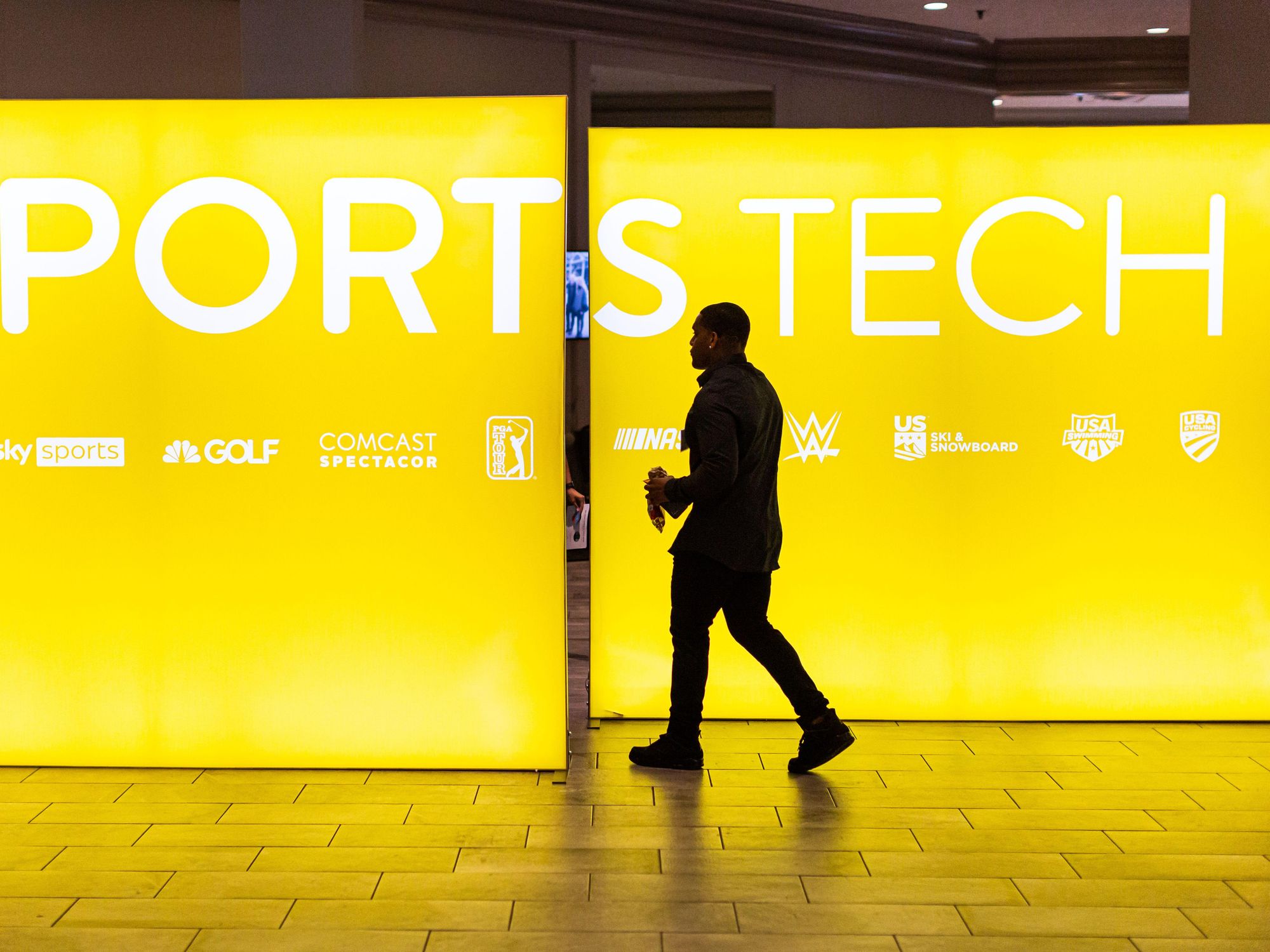These SoCal Startups Are Getting Ahead of the Game Via Comcast’s Sports Tech Accelerator
Christian Hetrick is dot.LA's Entertainment Tech Reporter. He was formerly a business reporter for the Philadelphia Inquirer and reported on New Jersey politics for the Observer and the Press of Atlantic City.

A few years ago, language translation startup LetzChat learned that there was a big need for its services in the sports world.
It can take hours, if not days, for a human to translate a given contest’s closed captioned subtitles, depending on the language—and by that point, most fans no longer care about the game in question. But LetzChat’s technology translates subtitles within minutes after the final whistle, co-founder and CEO Jordan Orlick told dot.LA. In 2020, the company inked a deal with the NFL to translate on-demand videos for America’s most popular sports league.
Now, the Westlake Village-based firm is working with some of the biggest names in sports broadcasting, from NBC Sports and the Golf Channel to WWE. Those pilot agreements are the result of LetzChat’s participation in Comcast and NBCUniversal’s SportsTech Accelerator program, which just recently wrapped up. The 12-week program in Atlanta connected 10 startups—including four from Southern California—with executives at the media giant and its sports partners, who mentored those companies’ founders.
Besides LetzChat, the other local participants were Newport Beach’s Ice Cream Social, a platform that helps companies turn customers into brand advocates; Los Angeles-based Movrs, which uses AI to generate biometric data without wearable sensors; and San Diego’s Meetlete, which enables video chats between fans and their favorite athletes.
For these startups, the benefits of the SportsTech Accelerator appear obvious: Founders get one-on-one time with leaders at the likes of NASCAR, the PGA Tour and U.K.-based Sky Sports, who help them flesh out their business ideas and scale their operations if they secure deals with the big brands. But the accelerator also offers Comcast and its partners an early lens into the next generation of innovations in sports tech; the cable giant and Boomtown, a Colorado company that designs and operates accelerator programs, split $50,000 investments into each startup in the program.
“Our connection to sports runs really deep,” Jenna Kurath, Comcast’s vice president of startup partnerships told dot.LA. “It just made a lot of sense for us to be on the forefront of working with startups to bring new fan experiences.”
LetzChat, for example, could help the media conglomerate across many parts of its enterprise. The Comcast-owned Golf Channel, for instance, sits on a “treasure trove” of historical footage that could reach a broader audience if translated to multiple languages, Kurath said. Sky, the European pay-TV provider, could cut costs by using LetzChat’s language dubbing services, as well.
Comcast has also pushed LetzChat to work on applying its technology to local TV and regional sports content, much of which ends up on digital platforms these days. There is currently no regulatory requirement to include closed captioning for such content, Kurath said, but that could change in the future.
“If we can challenge LetzChat to see if that same technology could be used [for regional content], then we can get ahead of what will probably be a mandatory requirement coming up soon,” she said.
Founded in 2010, LetzChat only recently became a rising player in sports. In addition to video subtitles, the 10-person company quickly translates online chats and businesses’ websites into a customer’s language. Its clients include fast food restaurants and auto dealership software companies, according to Orlick.
But sports is now a huge pillar for the business. The startup plans to translate its first live game for the NFL this year and has secured at least 11 deals—mostly pilot agreements—with the Comcast accelerator’s partners. One of them is with WWE; the pro wrestling promotion is interested in LetzChat’s recent forays into deepfake technology, which could make it look like its wrestlers are speaking different languages with their own voices, Orlick said.
“All of these companies in the sports world are the top-of-the-top,” he said. “We don't have the level of access to these partners without the [SportsTech Accelerator] program.”
- Meet the 10 Startups in Techstars' 2021 Space Accelerator Class ›
- Los Angeles' Top Startup Incubators and Accelerators - dot.LA ›
- Billie Jean King, Dodgers Partner on a New Accelerator - dot.LA ›
Christian Hetrick is dot.LA's Entertainment Tech Reporter. He was formerly a business reporter for the Philadelphia Inquirer and reported on New Jersey politics for the Observer and the Press of Atlantic City.



 Image Source: Revel
Image Source: Revel
